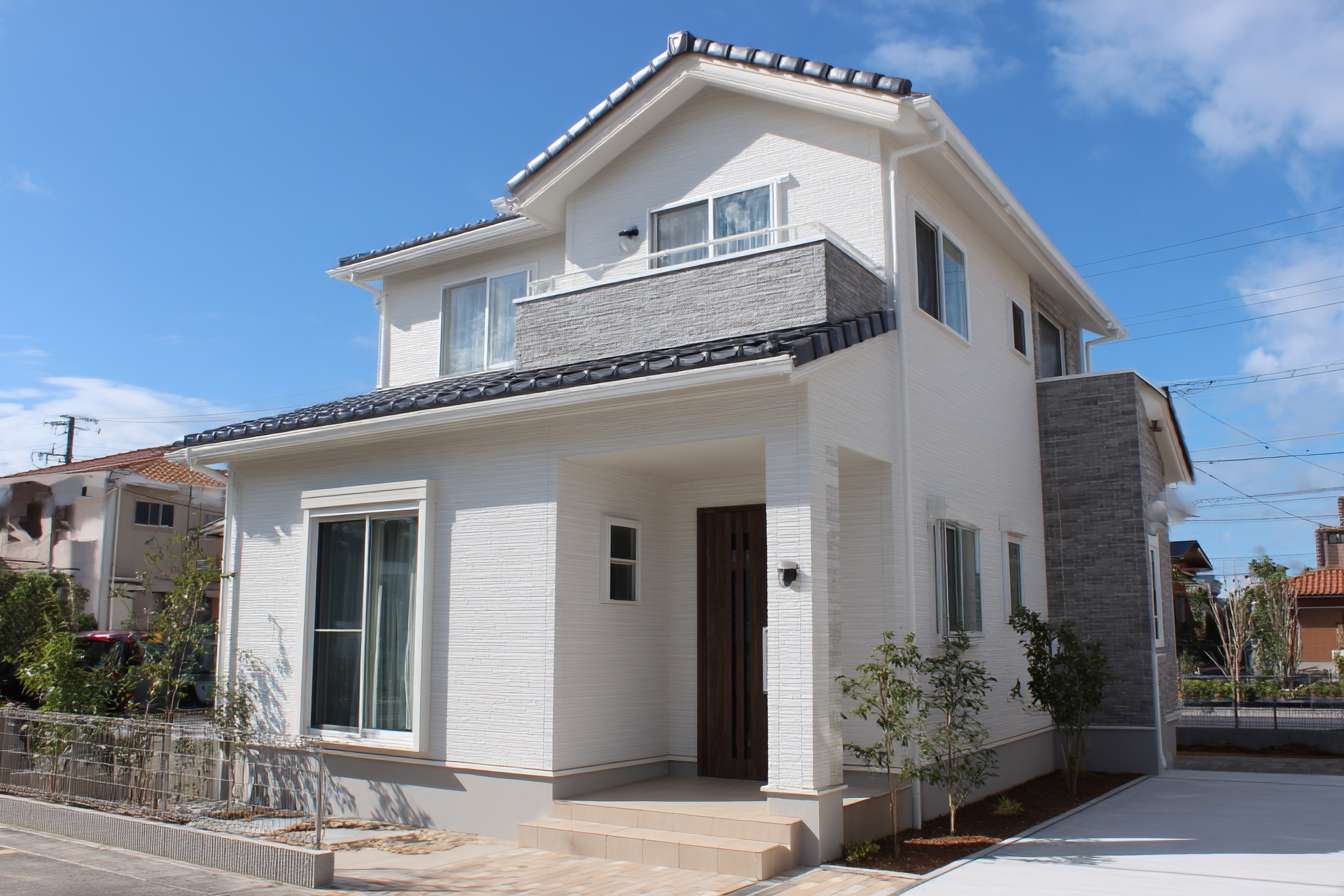Understanding Home Value: Key Factors and Strategies for Maximizing Property Worth
The concept of home value is central to real estate and plays a crucial role in many homeowners' financial decisions. Whether you're looking to sell, refinance, or simply understand your property's worth, grasping the factors that influence home value is essential. This article will delve into the various aspects that contribute to a property's value and explore strategies for enhancing it.

How do renovations affect a property’s market value?
Renovations can have a substantial impact on a home’s value, but not all improvements yield the same return on investment. Kitchen and bathroom upgrades often provide the best value, as these areas are focal points for many buyers. Energy-efficient improvements, such as installing new windows or upgrading insulation, can also boost a home’s value by reducing long-term operating costs. However, it’s important to note that over-improving for the neighborhood can lead to diminishing returns, as buyers may be unwilling to pay significantly more than the area’s average home price.
What role does location play in determining house value?
Location is a paramount factor in real estate valuation. Homes in areas with good schools, low crime rates, and easy access to employment centers typically command higher prices. Proximity to public transportation, shopping, and recreational facilities can also positively influence value. Conversely, properties near noisy highways, industrial zones, or in flood-prone areas may see lower valuations. The old adage “location, location, location” holds true in real estate, as it’s the one factor that cannot be changed about a property.
How can homeowners accurately assess their property’s worth?
Accurately assessing a home’s value requires a multi-faceted approach. While online valuation tools can provide a rough estimate, they often lack the nuance and local market knowledge necessary for precise valuation. Professional appraisals offer a more accurate assessment, taking into account the property’s condition, recent comparable sales in the area, and current market trends. Real estate agents can also provide comparative market analyses, which compare the home to similar properties recently sold in the neighborhood. For the most comprehensive evaluation, combining these methods can give homeowners a well-rounded understanding of their property’s worth.
What economic factors influence real estate values?
Economic conditions play a significant role in shaping real estate values. Interest rates have a direct impact on mortgage affordability, which in turn affects demand and prices. During periods of low interest rates, home buying becomes more accessible, potentially driving up property values. Employment rates and local job market strength also influence home values, as areas with robust economies tend to see increased demand for housing. Broader economic indicators such as GDP growth, inflation rates, and consumer confidence can all contribute to shifts in the real estate market and, consequently, home values.
How do home improvements and renovations compare in terms of value added?
When considering home improvements, it’s essential to understand which renovations offer the best return on investment. Below is a comparison of common home improvements and their potential impact on property value:
| Improvement | Average Cost | Potential Value Added | ROI |
|---|---|---|---|
| Kitchen Remodel | $25,000 - $65,000 | $15,000 - $40,000 | 60-80% |
| Bathroom Renovation | $10,000 - $30,000 | $8,000 - $25,000 | 70-85% |
| New Roof | $8,000 - $20,000 | $6,000 - $15,000 | 60-75% |
| Deck Addition | $15,000 - $20,000 | $10,000 - $15,000 | 65-75% |
| Window Replacement | $10,000 - $18,000 | $8,000 - $13,000 | 70-80% |
Prices, rates, or cost estimates mentioned in this article are based on the latest available information but may change over time. Independent research is advised before making financial decisions.
Understanding home value is crucial for making informed decisions about property ownership, investment, and improvement. By considering factors such as location, condition, market trends, and strategic renovations, homeowners can work towards maximizing their property’s worth. While some aspects of home value are beyond an individual’s control, many can be influenced through thoughtful maintenance and improvements. As the real estate market continues to evolve, staying informed about these factors will help homeowners navigate the complex landscape of property valuation and make the most of their real estate investments.






